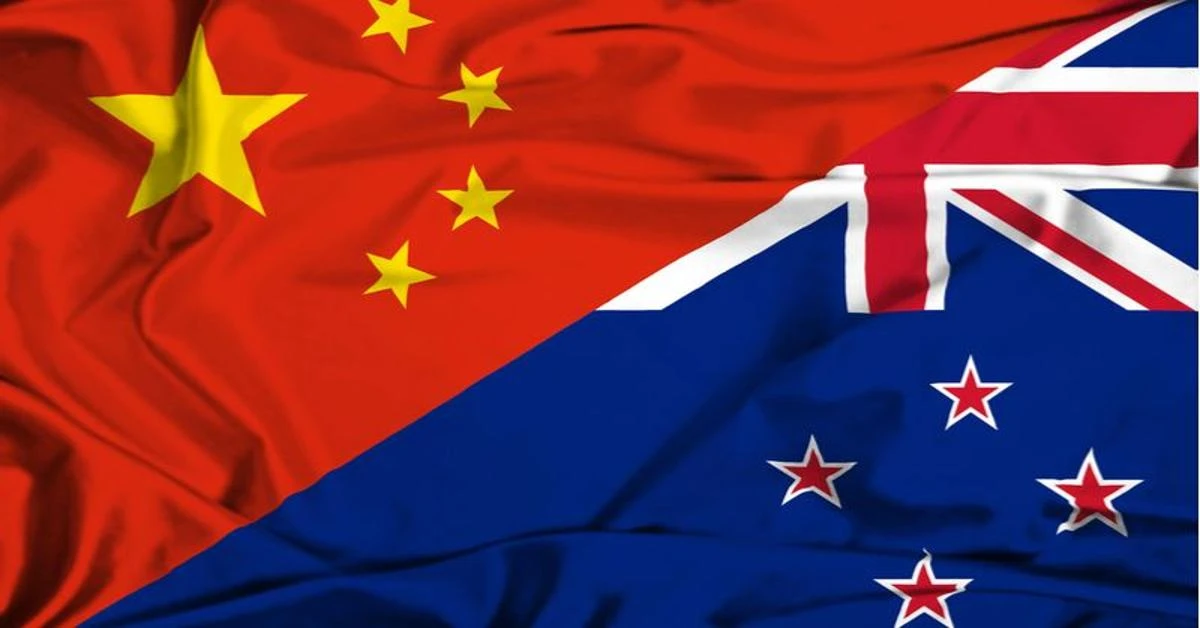New Zealand worries about China’s escalating security actions

Winstan Peters, New Zealand’s Foreign Minister, expresses grave concern over China’s increasing involvement in security in the Pacific
Winston Peters, Foreign Minister of New Zealand, criticized China’s attempt to expand its security influence in the Pacific Islands. He cautioned against actions that could potentially disrupt or weaken regional security. In a speech on New Zealand’s relations with China, Winston Peters expressed serious concerns about China’s growing involvement in the security of the Pacific.
China has successfully persuaded several Pacific Island nations to change their diplomatic recognition from Taipei to Beijing. Additionally, China has signed a confidential security agreement with the Solomon Islands.
China is becoming more and more visible in the region with its military ships, research projects, and police. This has led to a power struggle with the U.S. and worries that the area, which saw intense violence during World War II, will host another great power conflict.
“We do not want to see developments that destabilize the institutions and arrangements that have long underpinned our region’s security,” Peters stated during his address to the New Zealand China Council in Auckland.
China is New Zealand’s largest export market and a major consumer of its dairy, meat, and other products.
Among Western democracies, Wellington has historically been one of the most intimate allies of Beijing.
However, in recent years, relations have deteriorated as China has sought to enhance its military and diplomatic influence over a wide area of the Pacific and beyond.
Peters is a member of a newly elected coalition that leans towards center-right conservative ideology. This coalition has shifted its focus towards strengthening ties with Australia and the United States while adopting a less friendly stance towards Beijing.
In March, Wellington made a public statement attributing a 2021 cyber attack, which infiltrated sensitive government computer systems, by a Chinese “state-sponsored group” and describing it as “malicious.”
The nation’s counter-espionage agency has reported that a state-sponsored entity called “APT40” successfully infiltrated computers connected to its parliamentary network.
Historically, New Zealand’s politicians have exercised caution when it comes to making comments or taking actions that may provoke China’s displeasure. This is due to the concern of facing detrimental political or economic penalties similar to those imposed on Australia and Canada by Beijing.
The Communist Party rulers of China refute allegations of hacking and political interference while simultaneously accusing smaller nations of being subservient to Washington.
Peters delivered a speech this week, encouraging New Zealanders to contemplate participating in a significant defense technology agreement with Australia, the United Kingdom, and the United States.
Peters stated that the foundations of New Zealand’s independent foreign policy have undergone a significant change. He believes that New Zealand should actively participate in the AUKUS initiative, which aims to develop cutting-edge military technologies such as artificial intelligence, underwater drones, and hypersonic missiles.
Beijing strongly opposes the pact, asserting that its purpose is to restrict China.
Source: Newsroom



